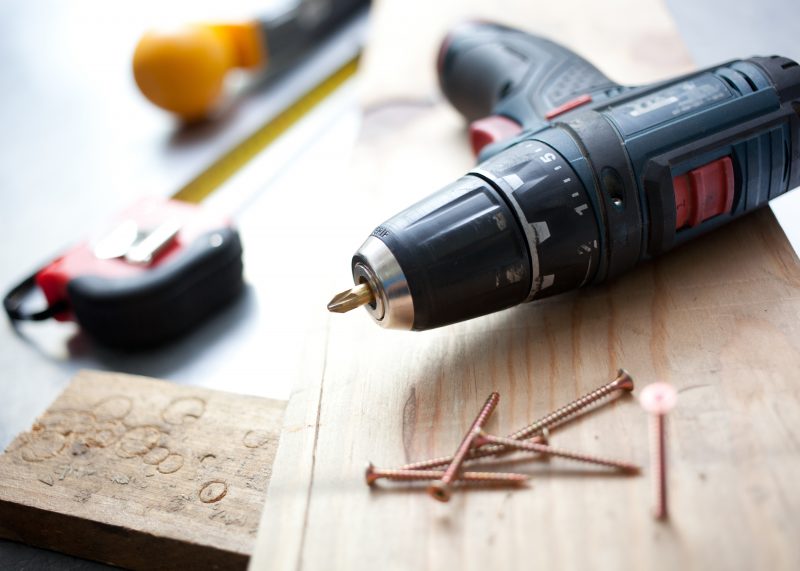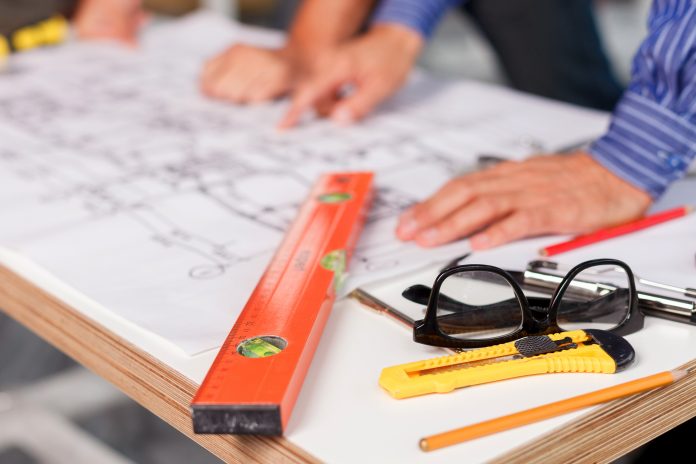This guide will open your eyes to the risk and benefit of DIY conveyancing so you can decide if you need the services of a conveyancing expert or go for a DIY approach for your building projects.
Conveyancing – what does it mean?
Conveyancing is the process that involves the legal transfer of property from the seller to the buyer. This process begins the moment your offer on a property (house) is accepted and ends the moment you collect the keys.
Who handles the conveyancing process?
A legal executive, a licensed conveyancer or solicitor normally carries out the conveyancing process. You can also handle this difficult process yourself, provided you are not clearing out a mortgage.

Should I do it myself?
Conveyancing is costly and relatively straightforward, which encourages some people to go through the process themselves. This can be risky, but can also help to cut the cost. You can compare conveyancing quotes online. To be candid, you can read the guide to conveyancing if you want to, but you should not try to handle the process yourself.
What if I want to do it myself?
Despite the extensive training undertaken by professionals before they can handle the process successfully, DIY conveyancing is practicable. However, it is normally carried out only on simple transactions, and if you are okay with legal jargon and prepared to cope with a lot of paperwork. But you cannot go through this process normally if you intend to clear out a mortgage.
How much would I save on DIY approach?
You can hire a solicitor to handle this task for something around £400 to over £1,000 based on what is involved. This means you can save up to £1,000 with the DIY approach, but before you jump on this, remember that this is a risky and difficult process. To avoid the difficulty, failure, fraud, and disaster that accompanies this process, it is advisable to hire the services of professional conveyancers or solicitors. If you are bent on cutting the cost, you can use the services of online conveyancers which are usually significantly cheaper, but they have to be officially registered.

What are the risks associated with DIY conveyancing?
When it comes to DIY conveyancing, you can make mistakes because you are less informed or inexperienced. And this can result in a breach of contract or attract a costly fine. You may also spend more time on a property sale than expected and may not know the right way to go when issues arise. Also, the failure to understand your responsibilities and obligations can make you divulge the information for which the buyer can defraud you, get you to reduce the price or later sue you. If your conveyancer made a mistake during the process, he (and not you) would be liable for the resulting loss.
When should you avoid going through the conveyancing process on your own?
Even if your bank or mortgage company is okay with DIY conveyancing, and you are comfortable with the risk that goes along with it, there are some particular times where the law becomes so complicated, and we advise against it. You should avoid DIY conveyancing if:
- The seller is holding the property by lease (leasehold property).
- The house is not registered with the Land Registry.
- The property is not a flat or a home.
- If the sellers or owners of the property are separating or divorcing.



















